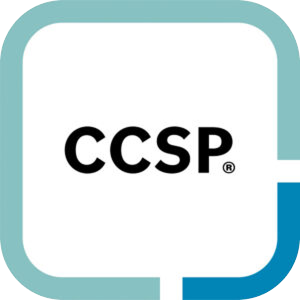We help you to build your secure, resilient future — without fear.






Designed to address specific challenges, ensuring targeted learning experiences that align with industry needs and evolving security landscapes.
As an official ISC2 partner, we offer certifications that validate expertise, enhance career opportunities, and meet industry standards.
Evaluating risks and executing solutions to prevent cybersecurity threats for you, without any hassle.
ISC2 certifications are the gold standard in cybersecurity, sought after by professionals at every career stage. As an Official Training Partner, Cycubix delivers the most up-to-date courseware from ISC2, taught by authorised instructors, to build solid, trusted cybersecurity expertise.

Official ISC2 Certified Information Systems Security Professional (CISSP) CBK Training

Official ISC2 Certified Cloud Security Professional (CCSP) CBK Training

Official ISC2 Systems Security Certified Practitioner (SSCP) CBK Training
Cycubix helps organisations integrate security into their operations and products by identifying threats, vulnerabilities, and managing cyber risks. With expertise across various industries, including finance, government, telecom, and tech, we develop customised cybersecurity strategies tailored to each client's business goals.
